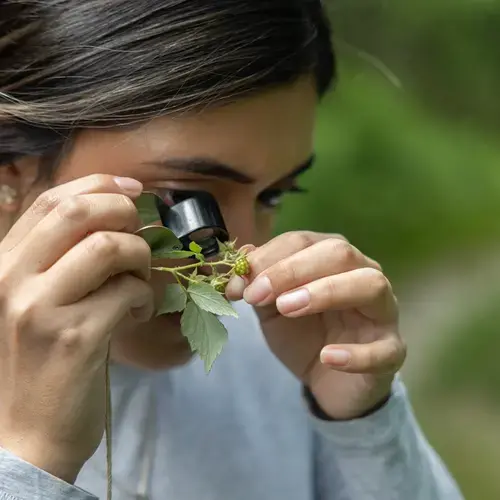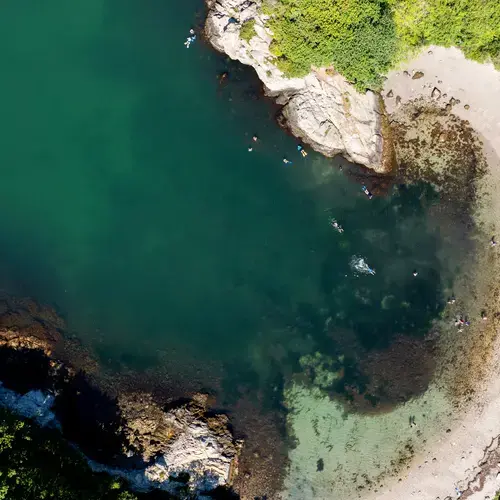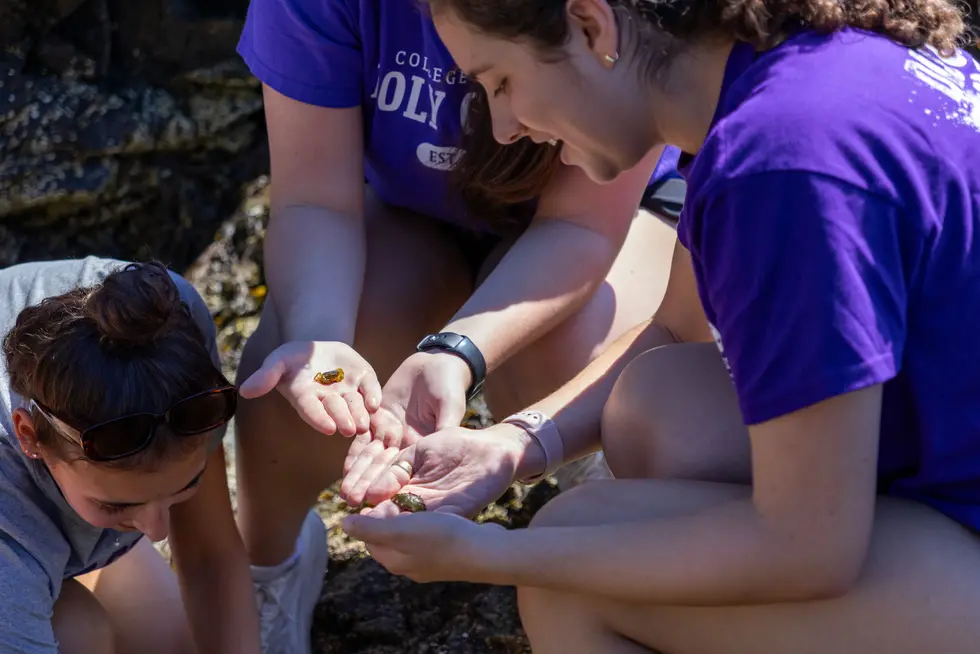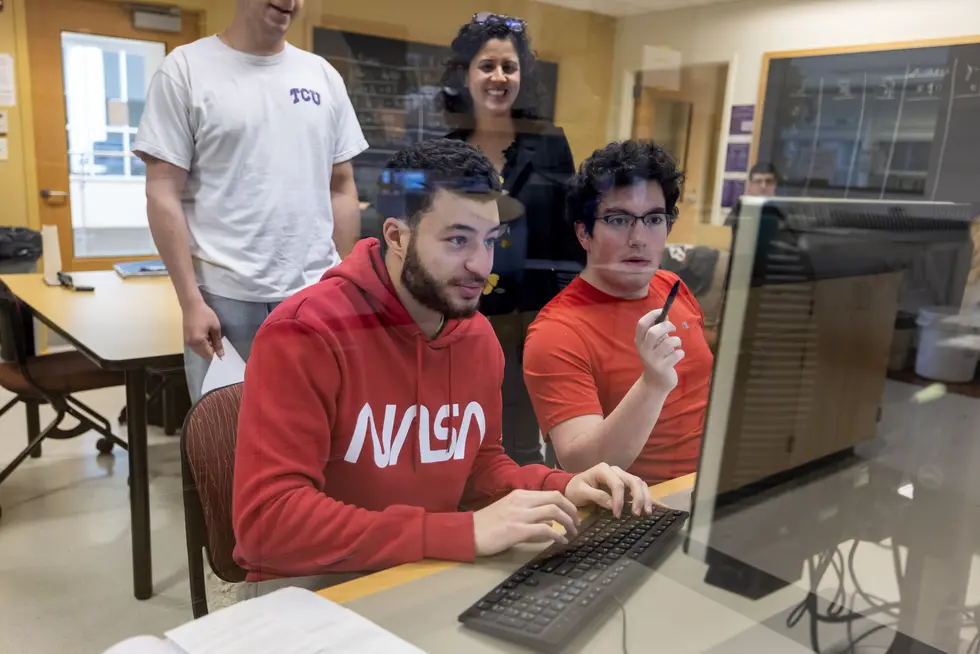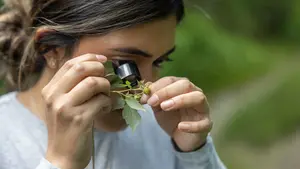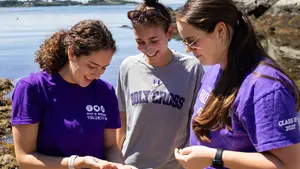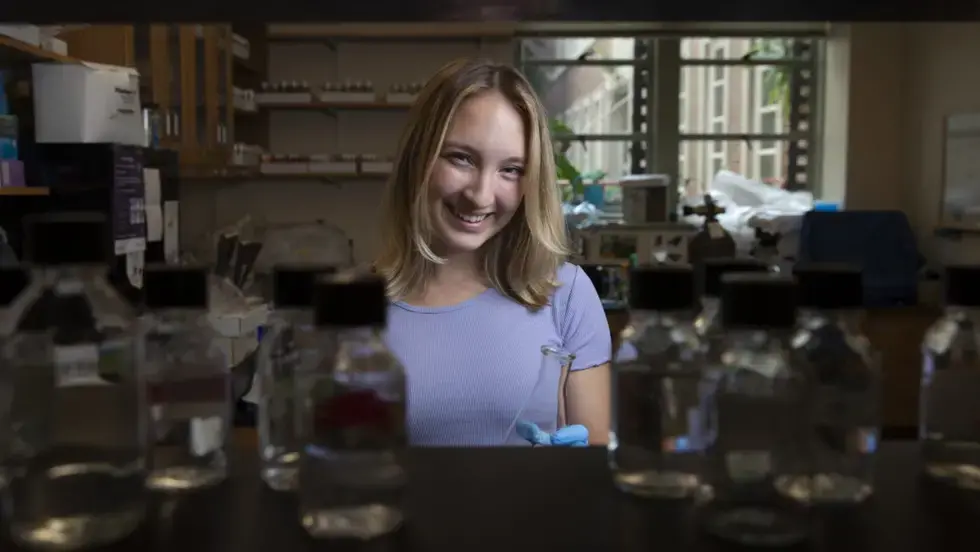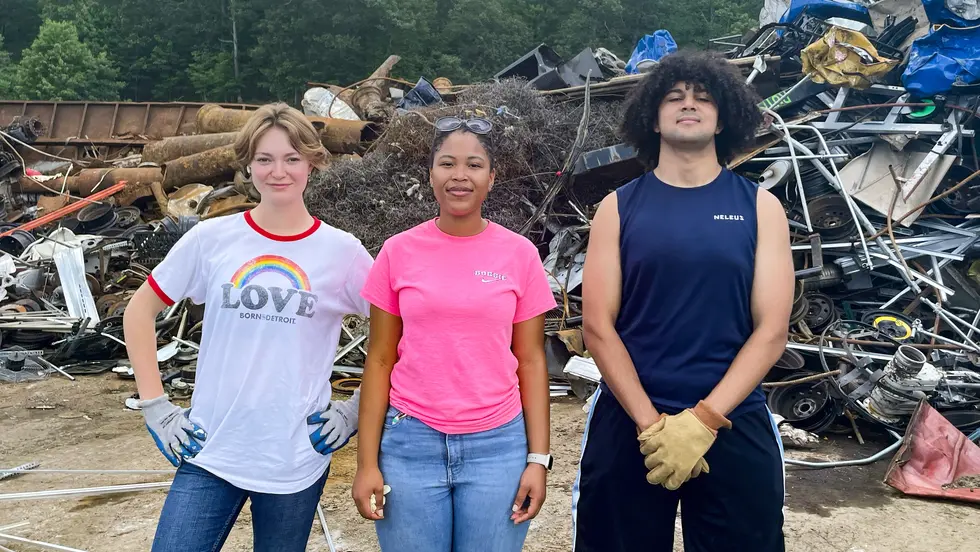Who Can Participate?
Although this is an ideal experience for students interested in pursuing graduate studies, it also provides valuable experience in planning and executing an extensive project, budgeting project expenses, teamwork and written and oral skills — all experiences valued by employers in a variety of fields. Students develop real substantive expertise in ways that cannot be matched in the classroom.
Students apply for admission to the Weiss Summer Research Program in the spring, then spend eight weeks in residency on campus (usually June through July). Students receive a stipend to enable them to focus full time on their research. With one-on-one faculty mentorship, a weekly workshop and the small but intense community of fellow student researchers, summer research at Holy Cross is a distinctive experience. Each fall, students report on the results of their work at the annual Weiss Summer Research Symposium.

